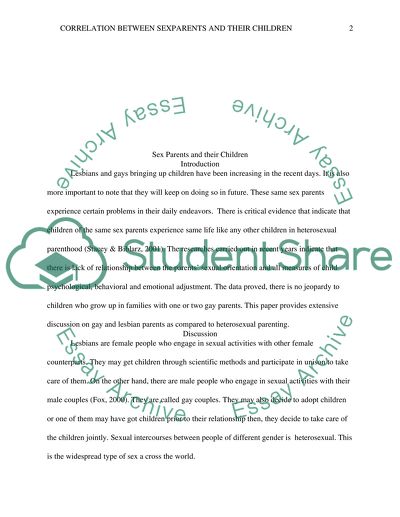Cite this document
(“Correlation between Sex Parents and Their Children Essay”, n.d.)
Retrieved from https://studentshare.org/psychology/1393761-correlation-between-sex-parents-and-their-children
Retrieved from https://studentshare.org/psychology/1393761-correlation-between-sex-parents-and-their-children
(Correlation Between Sex Parents and Their Children Essay)
https://studentshare.org/psychology/1393761-correlation-between-sex-parents-and-their-children.
https://studentshare.org/psychology/1393761-correlation-between-sex-parents-and-their-children.
“Correlation Between Sex Parents and Their Children Essay”, n.d. https://studentshare.org/psychology/1393761-correlation-between-sex-parents-and-their-children.


